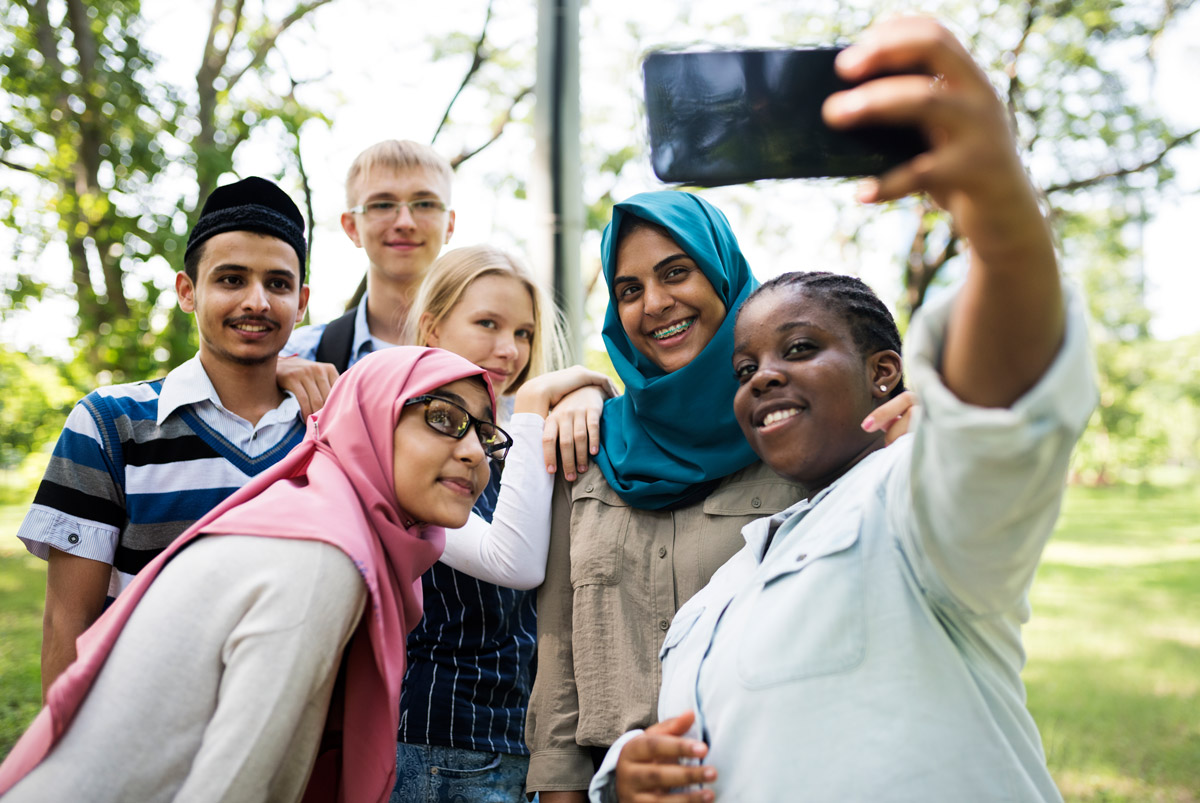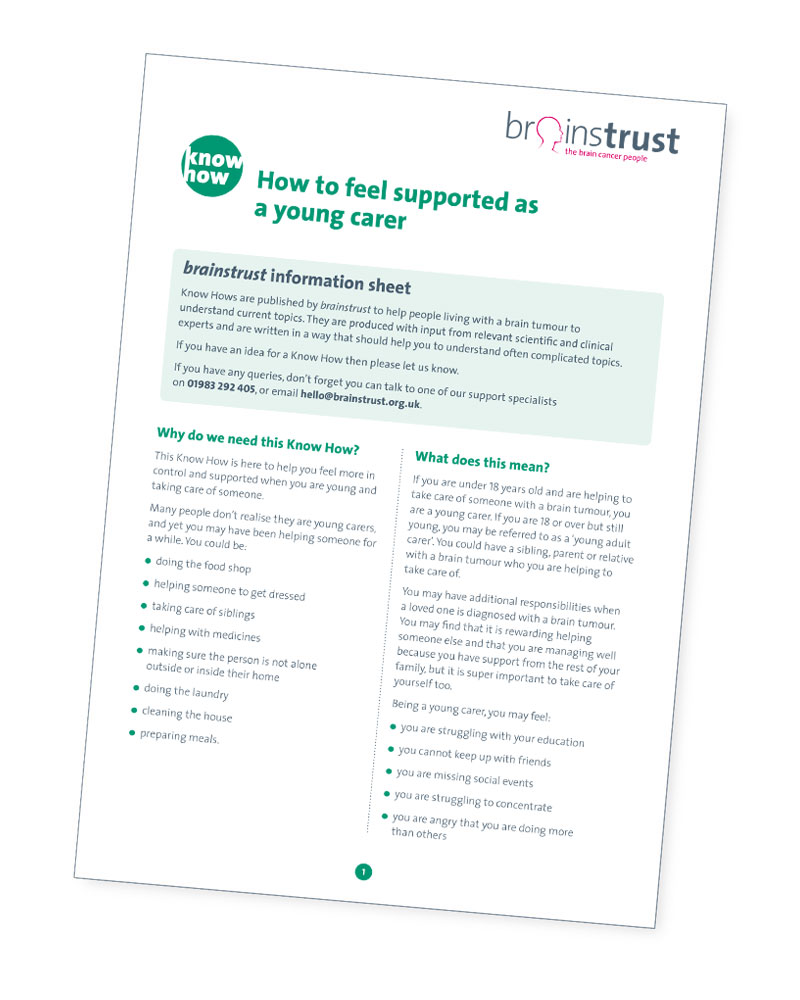Siblings of young people with a brain tumour
 Finding out that your child has a brain tumour is distressing, but it can also be confusing, isolating and overwhelming. These feelings may be felt by your other children too.
Finding out that your child has a brain tumour is distressing, but it can also be confusing, isolating and overwhelming. These feelings may be felt by your other children too.
Depending on their age, the diagnosis of their brother or sister may be met with increased love and care but may also result in anxiety, confusion or jealousy. Therefore, it is important to communicate and support each other during this period.
Confused
Lack of communication can stem from parents or caregivers not knowing how to talk about a brain tumour diagnosis with young children. Everyone will be in shock at the news and will be feeling lost. Children may also feel worried, jealous, angry or guilty. It is important to reassure them that the tumour is not contagious or their fault. Parents will feel they need to be strong and informed for their children while they are feeling vulnerable and frightened.
Hospitals are usually equipped with information to support families. And here at brainstrust, we have many resources to help the whole family, one of which is a children’s book called The Snaggle Tooth Splat. This illustrated book helps young children understand that they are unwell. It will help parents to talk about brain tumours with children. You can get this book free of charge from us by sending an email to hello@brainstrust.org.uk.
We know it is hard to explain a brain tumour and hold this conversation. We have a guide called ‘How to Hold a Difficult Conversation’, which helps families clarify thoughts and identify how they are feeling, so that they can hold these hard conversations and be in control.
Isolated
Following a brain tumour diagnosis, you may spend a lot of time in hospitals, including overnight stays. Spending time away from home and other children may result in them feeling alone or neglected. To alleviate these feelings, try to ensure that at least one of you is there for the school run or an after-school activity. Rely on your close family or friends to stay in the hospital so that you can do this. Even spending 15 minutes with them at the end of the day or at breakfast time will make a huge difference.
School
School is a place where children often express their feelings. It can help to inform schools about siblings so that teachers can keep an eye out for changes and support them through this period. Check up on their school progress, speak to teachers and identify any behaviour changes. Many schoolchildren may not have heard of a brain tumour before. Therefore, it is important to keep communication open between those involved.
Hospital visits
Arrange for them to see their sibling in hospital, because they will be missing them too. They can play a game or read a book with their brother or sister. If their sibling is too unwell, they can bring something in for themselves. Before you bring them to the hospital, you might want to explain to them how their sibling looks different and how the hospital looks.
These are all possibilities, but everyone is different. Not all siblings deal with things the same way, but some siblings may understand the diagnosis and deal with sudden change very well. If you are worried about siblings, then please do reach out to the hospital staff or contact us on our 24/7 helpline on 01983 292 405, or email hello@brainstrust.org.uk.
Young Caregivers Know How
If you are under 18 years old and are helping to take care of someone with a brain tumour, you are a young carer. You could have a sibling, parent or relative with a brain tumour who you are helping to take care of.
This Know How will help you to feel more in control and supported as a young carer.
Our brain tumour hub page is very useful to find local services. Just pop in your postcode and hit search.






